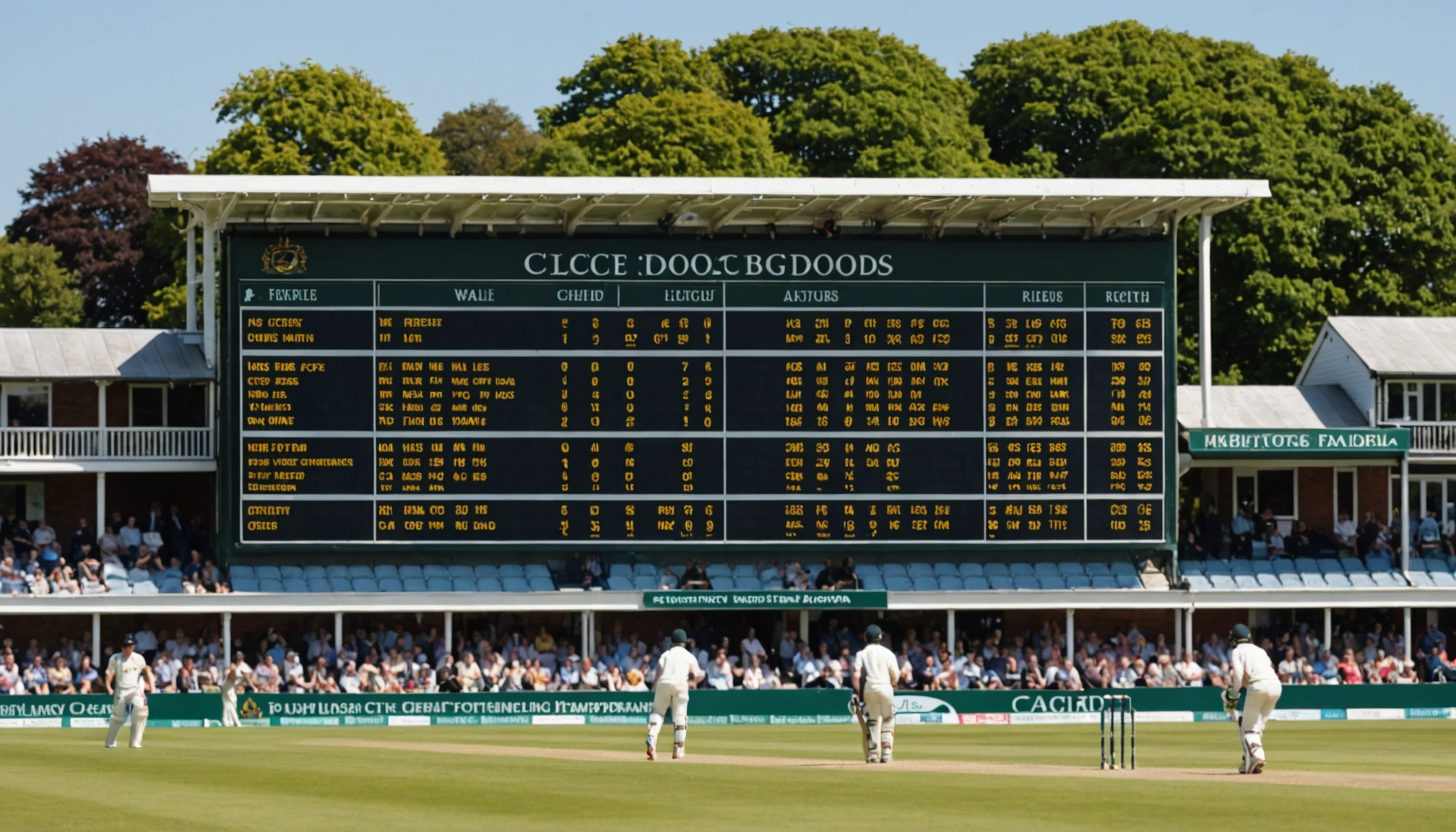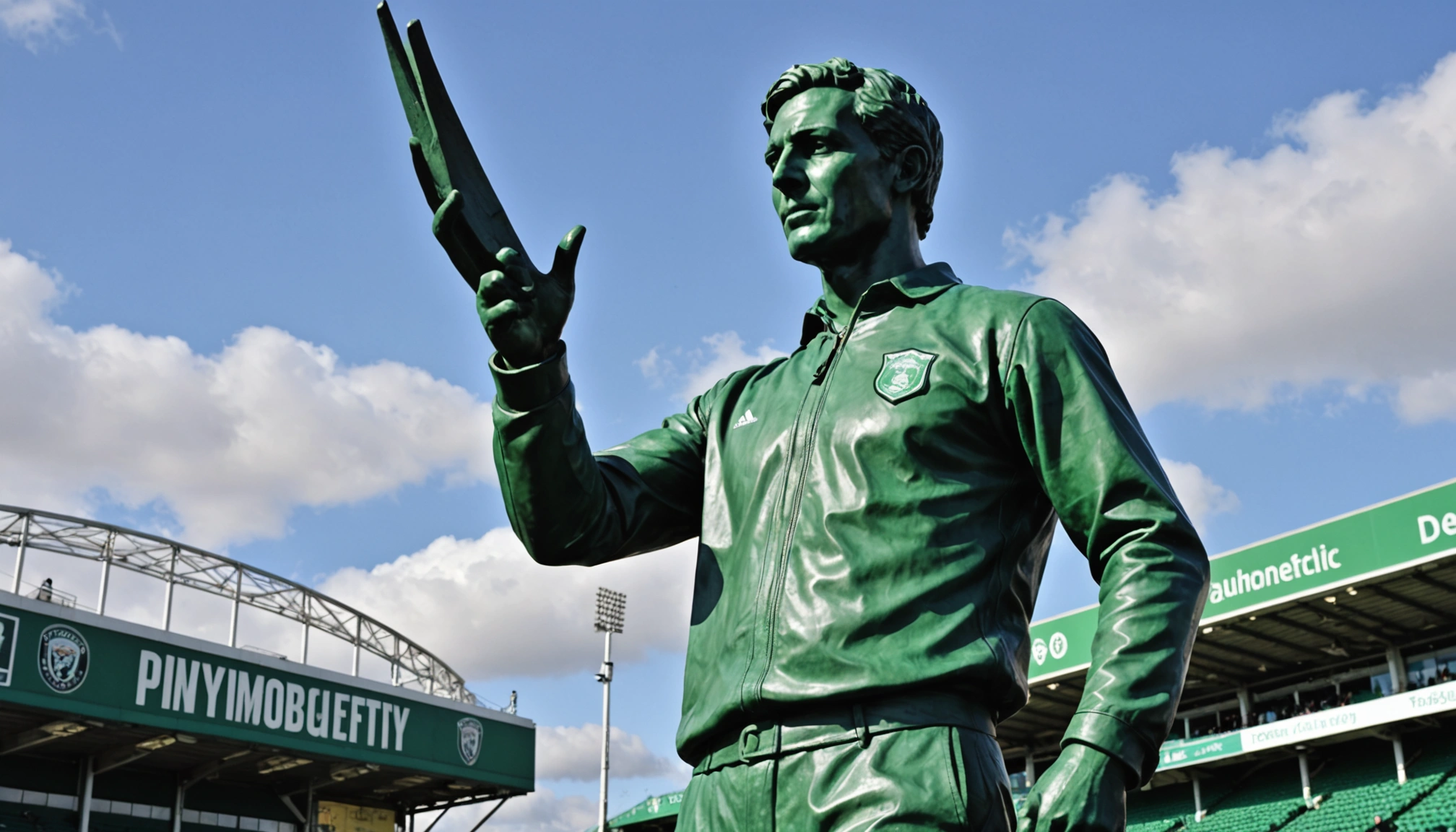Why Is British Horse Racing Going On Strike?
Discover why British horse racing is striking on 10 September against proposed betting tax rises and how it impacts the sport and fans.

By Editorial
Introduction To The Horse Racing Strike
On Wednesday, 10 September 2024, British horse racing faces a significant disruption: a one-day strike. This is a rare and impactful move by the industry, protesting against the UK government's proposed tax increase on betting, which threatens the sport's financial stability. But why has the sport taken such a firm stance? This article explores the reasons behind the strike, its potential consequences, and the broader context affecting British horse racing today.
Why Is The Strike Happening?
The primary cause for the strike is the government's plan to increase the betting tax on horse racing. Betting is intrinsic to the sport's ecosystem, funding prize money, racecourses, and training facilities. The proposed tax rise would reduce the revenue generated from betting activities, directly impacting the livelihoods of trainers, jockeys, stable staff, and racecourse operators.
Joe Lynskey from BBC Sport explains that the strike is a protest against this tax hike, which industry stakeholders believe will damage the sport's long-term viability. With betting shops and online betting platforms already under pressure, an increased tax could lead to a further decline in betting turnover, inevitably hurting horse racing's funding model.
The Economic Importance Of Horse Racing In The UK
British horse racing is not just a traditional sport but also a significant economic contributor. It supports an estimated 85,000 jobs across the country and generates over £4 billion annually. The sport contributes to local economies, especially in rural areas where racecourses and training yards are situated.
With such economic weight, the proposed tax increase risks destabilising this sector. If betting revenue declines, prize money might be cut, reducing incentives for owners and trainers. This could lead to fewer races and less investment in the sport’s future.
Impact On Industry Stakeholders
Trainers and Jockeys
Trainers and jockeys rely heavily on prize money and sponsorships, much of which is funded by betting revenue. A drop in this income stream could mean reduced earnings, jeopardising their careers and the quality of competition.
Racecourses and Staff
Racecourses face the challenge of decreased attendance and lower betting turnover. Many employ hundreds of workers, from groundskeepers to hospitality staff, who could be affected by budget cuts or closures if financial pressures increase.
Betting Industry
While the tax targets betting companies, it may have unintended knock-on effects. Reduced betting interest could hurt bookmakers and online platforms, creating a lose-lose scenario.
Historical Context And Precedents
Strikes in horse racing are rare but not unheard of. In previous decades, the sport has faced threats from economic downturns, regulatory changes, and shifts in public interest. However, this strike is unique because it represents a unified front by the entire racing community.
Similar protests in other sports have shown that such actions can lead to government reconsideration. For example, football wage disputes and rugby union strikes have occasionally prompted dialogue and policy changes.
What Are The Possible Outcomes?
The strike will disrupt race meetings and betting activities for one day, signalling strong opposition to the tax rise. However, the long-term effects depend on government response and industry negotiations.
If the government proceeds, the sport may face financial strain, reduced prize funds, and less public engagement. Conversely, a rollback or compromise could stabilise the situation and preserve horse racing's role in British sport and culture.
How Fans And The Public Can Support The Sport
Fans of horse racing can play a vital role during this period by staying informed and supporting their local racecourses. Attending events, watching races, and responsibly engaging with betting platforms can help sustain the sport’s revenue streams.
For wider sports fans interested in other areas, our coverage on Luke Humphries defending his Czech Darts Open title highlights the passion and dedication found across UK sports.
Conclusion: The Future Of British Horse Racing
The strike on 10 September is a clear message that British horse racing is at a crossroads. The proposed betting tax increase threatens an industry steeped in tradition, economic importance, and community value. How the government and industry stakeholders respond now will shape the sport’s future for years to come.
Horse racing remains a beloved sport in the UK, but like many others, it must navigate modern challenges carefully. For those interested in how sports evolve under pressure, see our insights on how the IOC is reshaping the Olympic Games for the future, showing that adaptation is key to survival and success.
Related topics
Editorial
Sports expert at SportsScoop
Specialist in sports analysis and journalism
Related articles
Want to read more?
Explore our comprehensive collection of sports articles and analysis, or contact us for more information.



